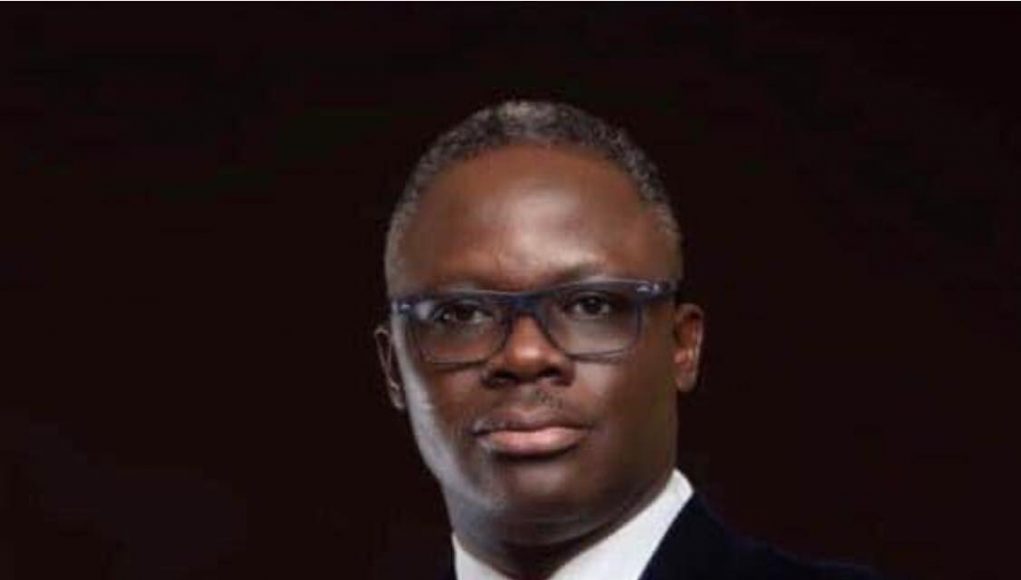Article 146 impeachment ought to be very serious business of hard facts-Samson Lardy Anyenini writes
The President and Council of State got advice to devise a method for achieving this important first step for transparency and accountability while avoiding frivolous and vexatious petitions against the CJ.

“What complaint qualifies
The petition cannot be at large and about any and everything the Petitioner is aggrieved about. The defining clause (1) circumscribes the nature of complaints to be entertained thus:
“A Justice of the Superior Court or a Chairman of the Regional Tribunal shall not be removed from office except for stated misbehavior or incompetence or on the ground of inability to perform the functions of his office arising from infirmity of body or mind.”
This is to avoid the subject justices and commissioners being unnecessarily and mischievously disturbed and vexed with petitions that are frivolous and intended to abuse the process.
It is easy to contemplate how a jilted lover or bitter spouse or a political adversary would have used article 146 or be sponsored to activate the same in the absence of the qualified nature of such petitions. It is equally not difficult to imagine what the attrition rate would have been for such officeholders or disinterest for same.
Two of the three grounds, i.e. incompetence and inability to perform one’s functions may lend themselves to easily identifiable and verifiable facts as against the requirement in proving the ground of stated misbehavior.
What is a lot easier is to allege and proceed to prove a petition on the “ground of inability to perform the functions of his office arising from infirmity of body or mind.” These are medical conditions and therefore require, primarily, a medical certificate from a qualified physician to prove one is mentally unstable or so ill that they cannot be expected or allowed to continue in office.
If petition for removal of the CJ
It is instructive at this point to point readers to clause (6) and supply the self-explanatory provision which reads: “[w]here the petition is for the removal of the Chief Justice, the President shall, acting in consultation with the Council of State, appoint a committee consisting of two Justices of the Supreme Court, one of whom shall be appointed chairman by the President, and three other persons who are not members of the Council of State, nor members of Parliament, nor lawyers.”
This situation where the CJ is not allowed to make the prima facie determination of a petition against the CJ accords with a cardinal principle of the rules of natural justice forbidding one to be a judge in their own cause.
Here, the President is elevated in the role he plays as he is seen to participate in the CJ’s clause (4) role. In 2005, renowned lawyer Bright Akwetey through a suit arising from a petition for the removal of the CJ, presented the Supreme Court the opportunity to clarify that the framers of the Constitution inadvertently omitted the critical requirement for prima facie determination before a clause (6) committee will be set up.
The court stressed that a prima facie determination was a sine qua non (an essential precondition) to the President establishing the committee. The duty of establishing the committee, in this instance, in part, is cast upon him, therefore he, was to consult with the Council of State, and may also get the help of an experienced independent lawyer to do this job.
The President and Council of State got advice to devise a method for achieving this important first step for transparency and accountability while avoiding frivolous and vexatious petitions against the CJ.
Indeed, it was not difficult for the Supreme Court to fill this gap left in clause (6) by inadvertence on the part of the framers because the Committee of Experts Report (on the proposals for a draft constitution 1991) laid before the Consultative Assembly had required the President to refer the petition to the Judicial Committee of the Council of State for the prima facie determination before the establishment of the committee to conduct the probe.
Though an administrative function, making prima facie is a quasi-judicial duty and there is no guarantee that a president would be a trained lawyer to be able to discharge same, and it cannot be gainsaid that a politician would be tempted to abuse such power and arbitrarily engineer a petition against a CJ and proceed to suspend same to serve his/her mischievous aims.”


